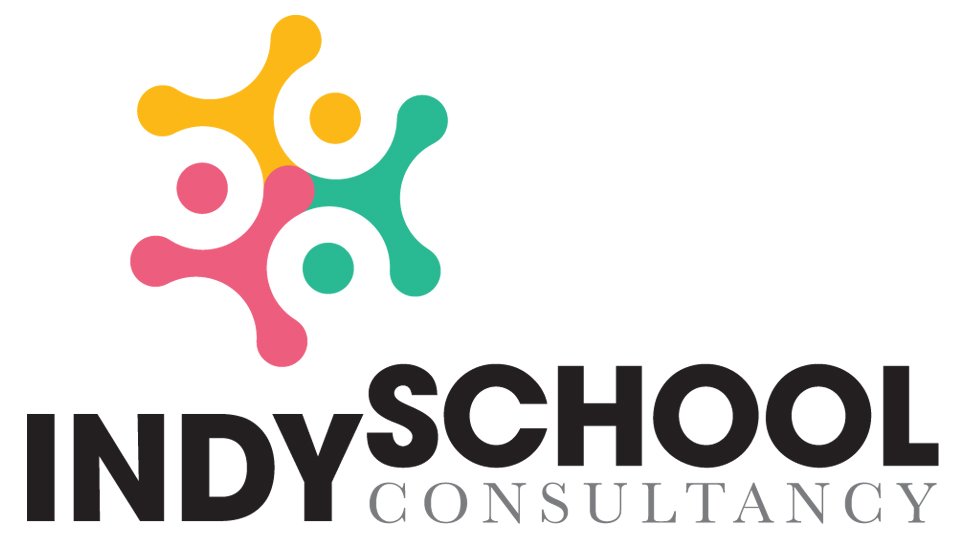Help! Who should I interview let alone hire?
February 11, 2025
I see many LinkedIn comments daily about hiring for attitude and capacity for growth. I agree wholeheartedly. However, I also hear from many people who applied for positions they knew they were the perfect fit for, only to receive a canned response saying they didn’t even make it to the interview round. As a consultant, this has made me reflect on the decisions we make about who to interview, what questions to ask, and how to evaluate not just skills but the potential for a candidate to be an affinity match for the school and position.
Having spent years interviewing candidates as a senior member of an administrative team, I felt confident in my ability to “read between the lines” in resumes and cover letters. But now, with applicants able to run their materials through AI tools and strategically use keywords, the process has changed dramatically.
Honestly, I don’t have all the answers. I still strongly believe that a cover letter is essential. Much like a winning college application essay, what matters most is creating a strong, authentic voice. This is one area, in my experience, where AI hasn’t quite hit the mark yet. Now, when reviewing applications, I approach a candidate’s experience like an archaeologist or treasure hunter, looking for clues. Did they move between jobs often? If so, why? Have they worked in multiple industries? (Working in different industries isn’t necessarily a bad thing—it can mean diverse skills—but I always ask how those experiences apply now.)
From my experience, here are the key points I look for in a candidate and advice for anyone applying:
1. Play the system strategically.
While it’s important to show authenticity, you must also optimize your application for applicant tracking systems. Use the keywords found in the job description, and consider running your materials through an AI tool for clarity and suggestions. However, ensure that your voice shines through. AI-generated content is often polished but can be unmistakably generic—defeating its purpose.
2. Use the resume summary and skills sections wisely.
A well-written summary always stands out. It’s often the first thing I read, and if it demonstrates that the candidate understands the role and culture of the school while showcasing brevity and clear communication, it’s a win. This is your chance to share what makes you uniquely qualified. Of course, include essential skills for the role, but also highlight additional strengths—budget forecasting, admissions experience, marketing expertise, or proficiency with tools like Canva, Adobe, Prezi, or Flipsnack. The more specific, the better. Avoid the mistake of listing everything you’ve ever done; focus on what’s relevant.
3. Tailor your application to the role.
Hiring committees want to know who you are, but many candidates will share the same basic qualifications. Your goal is to show why you are the right fit for the school, position, and culture. Returning to the college essay analogy: convince the hiring team that you’ll fit right in and make their school better.
4. Personalize your approach.
Find a person to address your application to or, at the very least, reference the school directly. While I have hired people who didn’t do this, few things bother me more than a letter addressed to “Dear Hiring Manager.” Even if the person you name isn’t the one reviewing your application, addressing it to the Director of HR, Head of School, or the relevant department head demonstrates effort.
5. Write a thoughtful cover letter.
A well-defined, grammatically sound cover letter always catches my attention. For example, a self-proclaimed “nerd and gamer” could highlight their passion for helping a school develop its esports program. A CFOO candidate might emphasize their CPA credentials alongside unique qualifications like being a notary or holding a real estate license, which could be useful as the school looks to expand. Thoughtful, specific details like these go a long way.
Final Thoughts
This isn’t rocket science—it’s common sense. Yet in increasingly competitive markets, how do we identify who will truly make a positive impact on our schools? The game has changed. AI has altered the hiring landscape, and the rise of remote work in many fields has added new dynamics. As hiring professionals, we often navigate through a sea of candidates before finding the one who stands out. But with intentional effort on both sides, the right match is always worth the search.
And sometimes you need a little help wading through; this is where the IndySchools Consultancy team comes into play. We are here for you with our time and expertise, if you are looking for help.

